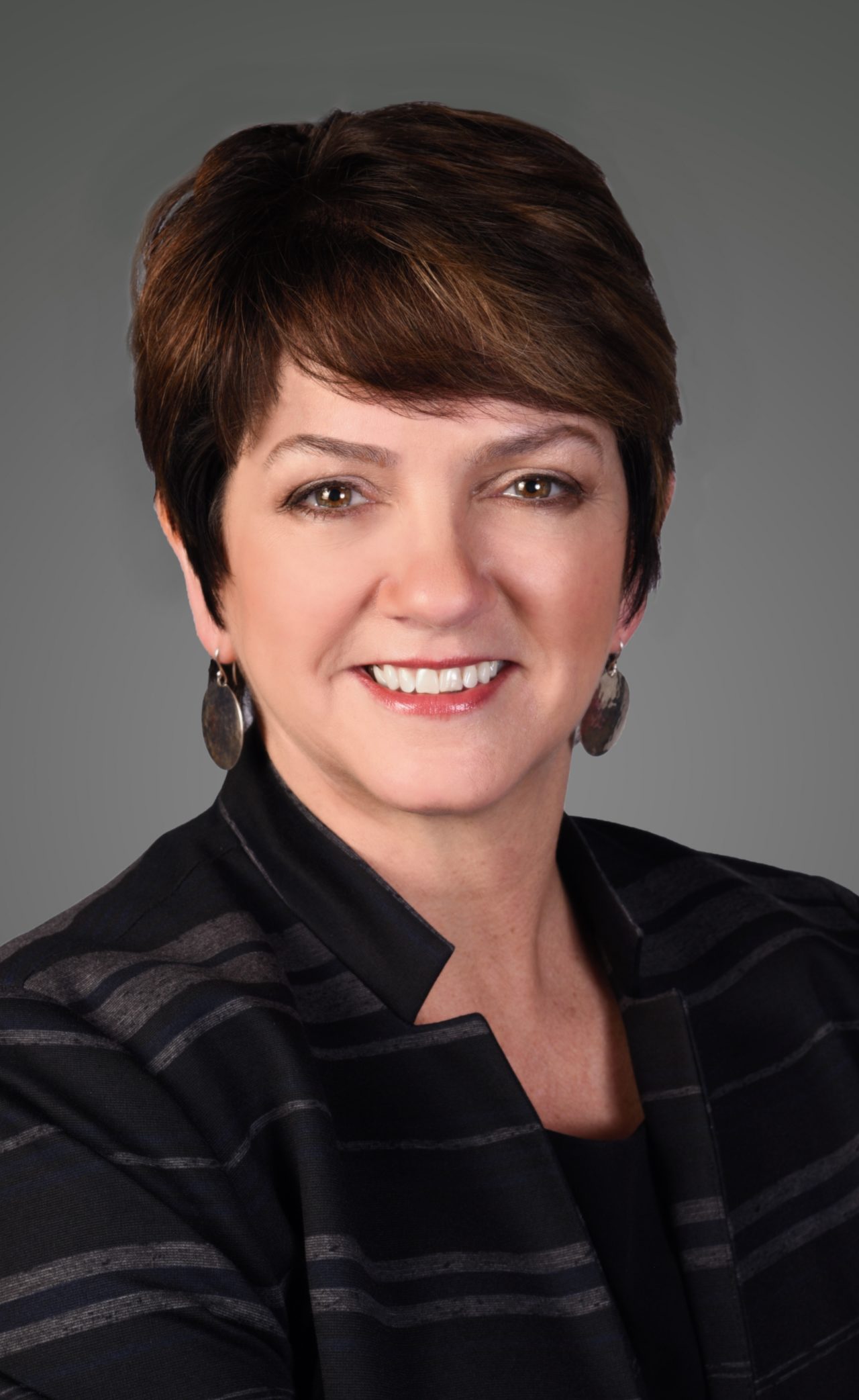
 By Elizabeth H. Jepson, Esq. and Beth Anne Jackson, Esq.
By Elizabeth H. Jepson, Esq. and Beth Anne Jackson, Esq.
In fiscal year 2019 (FY 2019), which ended September 30, 2019, the U.S. Department of Justice (DOJ) recovered over $2.6 billion in civil health care fraud actions. This amount comprises the vast majority of the more than $3 billion recovered by DOJ in all civil fraud cases in FY 2019. And early in January 2020, DOJ announced its first civil health care settlement of the calendar year with a medical equipment supplier for over $37 million.
The 2020 settlement with ResMed Corporation (ResMed), a manufacturer of respiratory durable medical equipment and supplies, resolved allegations that the company violated the federal False Claims Act by paying kickbacks and providing free services to referral sources, with the intent to drive suppliers to choose or recommend products from ResMed. Five separate whistleblowers had previously filed related suits against ResMed in four different jurisdictions regarding the alleged conduct. The whistleblowers’ complaints alleged, among other things, that ResMed provided free call center services to help market supplies, provided referral sources with free or reduced-cost supplies, offered interest-free loans for purchases of ResMed equipment and supplies, and provided free home sleep testing devices to certain physicians. The five whistleblowers will share in approximately $6.2 million of the settlement.
With 2019 on the books, we continue to see an increase in the amounts recovered in civil health care fraud cases. Of the $2.6 billion recovered in these cases, over $2.1 billion of that amount resulted from lawsuits filed by qui tam relators, or whistleblowers as they are more frequently called. In addition to the $2.6 billion recovered in FY 2019, states received millions of dollars from those same lawsuits from settlements related to Medicaid programs.

As evidenced by the ResMed settlement, we can expect that DOJ will continue pursuing frequent violators in health care fraud cases, especially durable medical equipment suppliers and marketers. We also expect that hospitals and clinical laboratories will continue to receive similarly intense scrutiny as they have in prior years, as allegations that payments of above fair market value compensation to referral sources continue to abound.
However, in 2019, DOJ showed interest in some newer areas in health care civil enforcement actions that are likely to pick up going forward. In September 2019, DOJ entered into a settlement agreement with a pharmacy located in Florida, two of its senior managers, and the private equity firm backing the business. The pharmacy, Diabetic Care Rx, LLC, and its private equity investors paid over $21 million to resolve allegations that it had engaged in inappropriate kickback arrangements targeting military members who received expensive compounded medications without seeing or speaking to a doctor or paying required copayment amounts. This is a new avenue that DOJ is likely to continue to explore, as private equity investors are becoming increasingly more involved in the health care industry. When certain culpability or extensive knowledge of violations of law may exist, such investors provide DOJ with “deep pockets” from which it can seek recovery of funds.
Drug manufacturers will also likely play an increased role in funding recoveries – two of the biggest settlements in FY 2019 were with opioid manufacturers. And settlements with Medicare Advantage plan providers are also anticipated to increase. Several DOJ settlements in FY 2019 were with Medicare Advantage plans that had allegedly reported inflated diagnosis codes for patients in the plans, which resulted in larger payments to the plans and providers.
While actively intervening in many cases, the DOJ has also been more aggressively exercising its authority to dismiss cases in which it has not intervened. This prevents a whistleblower from continuing with the case. The DOJ issued guidance in January 2018 (known as the Granston Memo) to provide prosecutors with a list of factors to be considered in deciding whether or not the DOJ should seek to dismiss a lawsuit filed by a whistleblower. Oftentimes it is in DOJ’s interest to get qui tam cases that may be meritless dismissed by courts, rather than to spend time investigating and defending cases that may set bad precedent for future enforcement or interfere with current DOJ objectives. Although there have been outlier cases in the last two years, if DOJ seeks dismissal of a qui tam case, it typically succeeds.
Healthcare providers should continue to focus on compliance and educating employees on appropriate business practices, as False Claims Act cases provide a significant source of revenue to both the government and individual whistleblowers. The best way to avoid a whistleblower is to make sure that all business practices are appropriate under the law; however, it is equally important to ensure that all employees recognize the provider’s commitment to compliance and feel confident that any questions or concerns they raise will be taken seriously and not jeopardize their employment.


